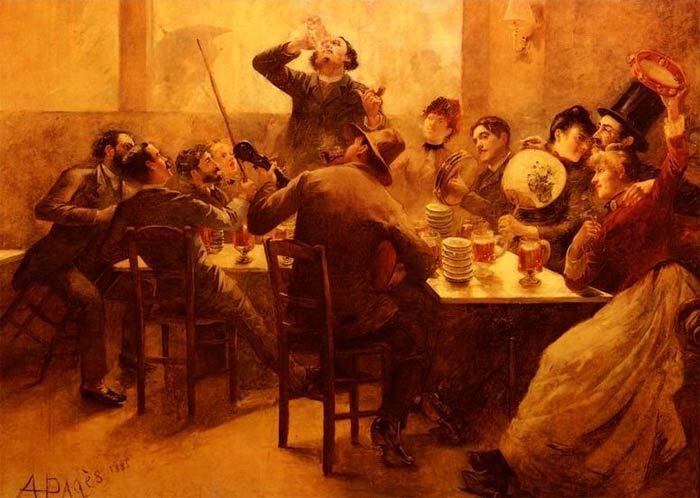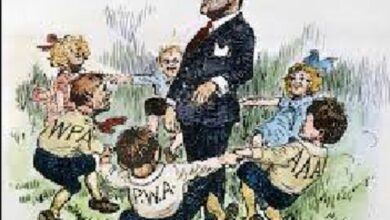What is Bohemian Origin and portrait of the bohemian
Bohemian
Bohemian is an adjective that characterizes the behavior of an individual who lives carefree , who likes to go out on the streets looking for parties.
However, originally, the term is used to name the person who is a native or inhabitant of Bohemia, a region located in the west of the Czech Republic.
Bohemians were typical nomads from the Bohemia region and, over time, this term ended up becoming a synonym for gypsy or “individual with a riotous life”.
The etymological root of bohemian emerged from the Classical Latin boihaemum .
As a qualifying adjective, it can both be used in a pejorative sense, when referring to an individual who leads a life without rules, standards or limits, as well as a designation for a hedonistic, happy and free life.
Word Origin
In the cultural sense, the origin of the term is related to the nomadic people, the gypsies, who lived in Bohemia in the 15th century. For, when the gypsies arrived in France , coming from Bohemia, present-day Czech Republic, they were called by the French of bohémien (bohemians).
However, in the French language, bohemian had a pejorative meaning, as it was related to the lifestyle of gypsies, which was unconventional for the time.
Well, the gypsies had the habit of always moving from one place to another, without having a fixed residence. In addition, they lived without following social rules.
It was from the 17th century onwards that the word bohéme or bohemian came to have a similar meaning to the one we know today. That is, it came to mean a lifestyle, where the bohemian lives freely and without rules.
The term bohemian was brought by the French, bohème, in the 17th century. However, originally, the term would have been derived from Medieval Latin bohemus or Classical Latin boihaemum.
Both refer to the country of Boii in Central Europe, which was inhabited by an ancient Celtic people.
In Brazil, the word was used for people who lived in a carefree and festive way , that is, it was synonymous with vagabond or idle.
However, from the 19th century, bohemian ceased to have such a pejorative meaning, and began to be associated with young intellectuals and artists. For, they enjoyed the pleasures of life in a carefree way, enjoying life and its art.
The portrait of the bohemian

In France, the bohemian is characterized as an artist who has little recognition or value. However, it is not in the artist’s interest to gain fame or money, as long as he can live by his art.
For this reason, despite being cultured, he does not frequent traditional environments, preferring to spend his nights in unconventional or sophisticated places.
The bohemian is characterized by his careless appearance, which goes against fashion standards. With a melancholic posture, he is associated with a life of failures and a marginalized lifestyle.
However, all a bohemian wants is a life free of rules and social standards imposed by society.
For, in addition to being a dreamer and little pragmatic, the bohemian is a kind of philosopher or poet, who is in the streets promoting his art . Which makes him seen by society as a loser, failure, adventurer and even crazy.
Despite not accepting his defeat, the bohemian takes refuge in alcohol, at parties and bars, and has self-destructive tendencies.
Over the years, the figure of the bohemian has been portrayed several times by cinema, literature or art in general. What helped to become such a well-known word for everyone.
Context sentences for using the word bohemian
Here are some sentences that exemplify the use of the term “bohemian”:
- “Your father will never approve of you marrying that foul-mouthed bohemian musician .”
- “Paris has always been the birthplace of Western bohemians , artists and rebels.”
- “Keith Richards is a perfect example of contemporary bohemia .”

